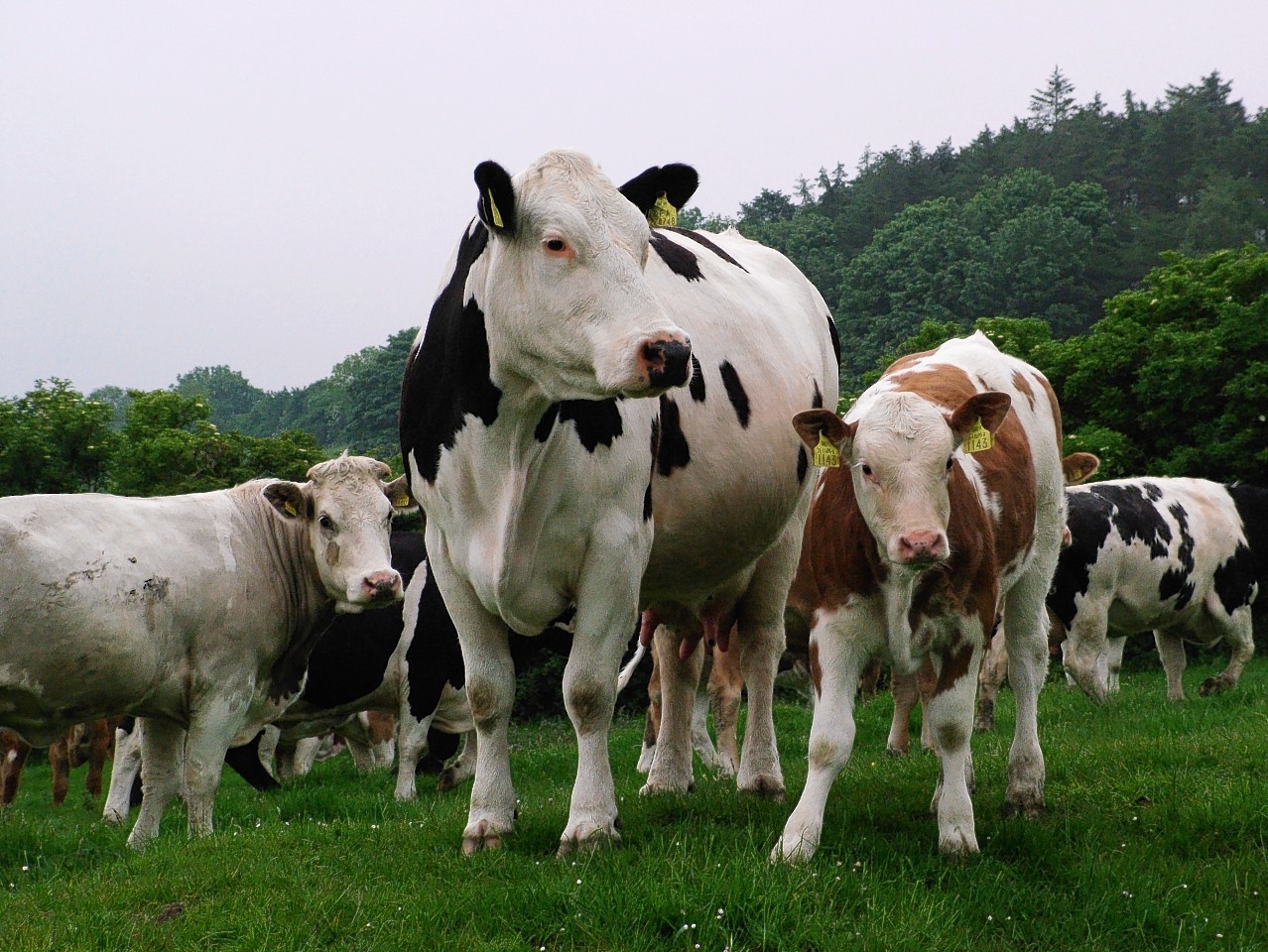Time is running out for Scots beef and dairy producers to gain a free-from bovine viral diarrhoea (BVD) status for their herds.
The Scottish Government’s BVD eradication scheme will ramp up in June with movement restrictions placed on herds which do not have a valid negative status for the disease. Producers are already required to carry out BVD testing every year, and it is illegal to knowingly sell any PI cattle – those persistently infected with the disease.
Farmers with herds which held a negative status more than 12 months ago have been urged to get these tested again before June to retain the status and avoid the movement restrictions. It is estimated that 83% of holdings currently hold a negative status.
NFU Scotland is now urging the remaining 17% to get on top of their testing as they have a limited window to test for and tackle the disease before June.
“It is unacceptable that some 1,300 farmers have let their BVD status slip. The message is clear – be prepared ahead of calving starting,” said the union’s vice-president Rob Livesey.
“Having animals tested now will save a lot of hassle in the longer term. Cattle keepers must keep their status up to date. Some believe that having had a clear test in the past is enough, but it isn’t. You must screen your herd annually to maintain your status. It’s far easier to get this essential job done now before cattle go to the grass.”
New measures being introduced this year also include a reduction in the approved testing options to three with only two available for testing “not negative” herds. Producers will also be required to test animals moving into the herd from untested herds.
One of the testing options, available for negative herds only, is an antibody check test which assesses a small group of animals from each management group.
The other two options, which will not be available to “not negative” status herds, are virus testing all calves which are born and virus testing all animals within the herd. Both of these can be done using the tissue tag tests.
Bulk milk tests will be removed as a testing measure as they have been deemed to sensitive for the scheme, as they pick up traces of historic infection and vaccination.
From June, any herds which are not negative from the disease will have to test with either a whole herd test or a calf screen.
Any breeding herd which does not hold a negative status will only be permitted to move animals direct to slaughter, unless they have individually tested the animal as negative of the disease.
